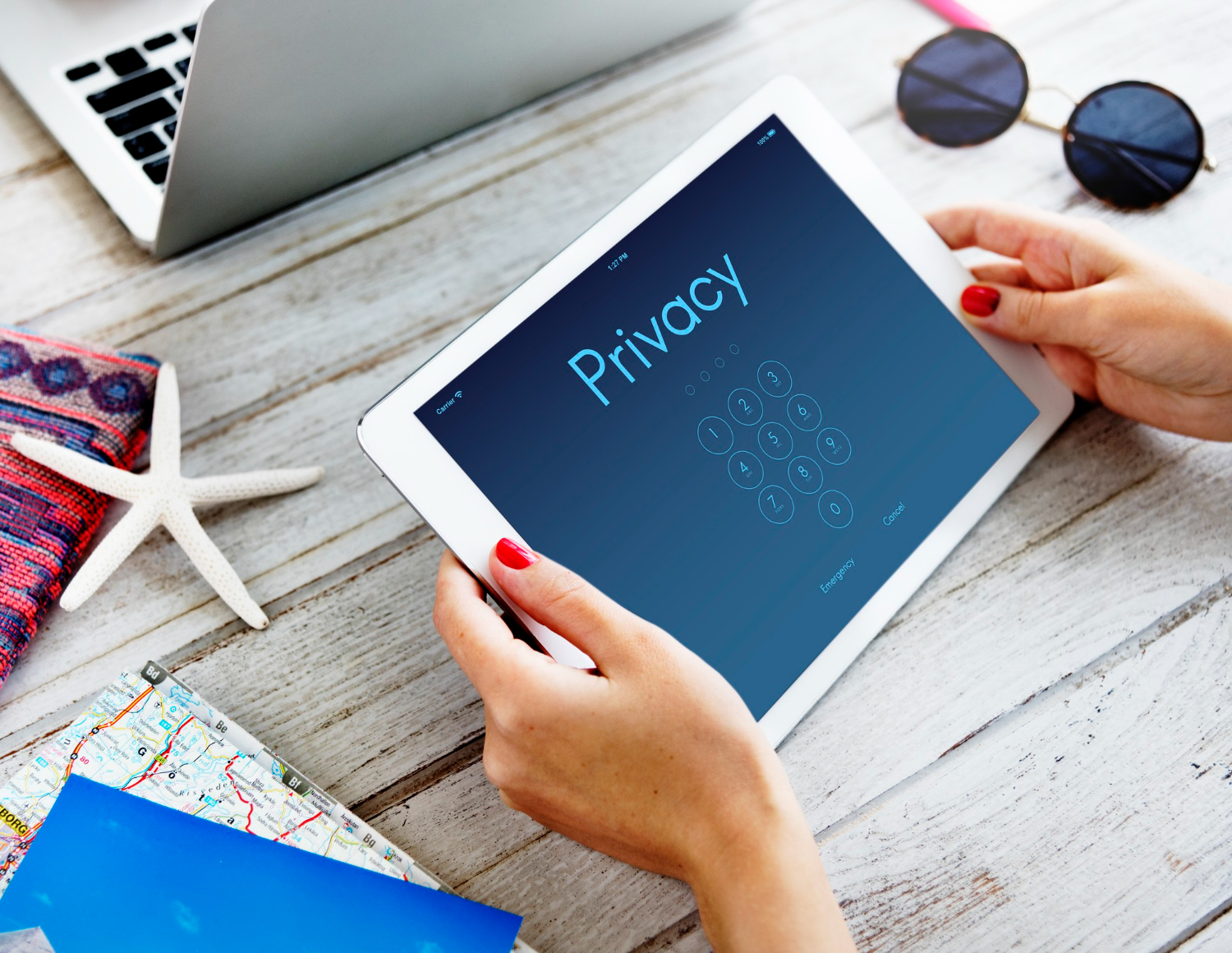In the digital age, data privacy has become one of the most critical topics for anyone participating in online activities, especially online surveys. With companies collecting vast amounts of data to improve their products and services, survey participants often wonder: How is my data protected? What steps should I take to safeguard my personal information? This SEO-focused blog explores the importance of data privacy in online surveys, why it matters, and how you can participate safely.
Why Data Privacy in Online Surveys Matters
When you complete an online survey, you often share personal opinions, preferences, and sometimes even demographic details like age, location, or income level. While these details help companies improve their offerings, they also introduce privacy risks if not handled correctly. Poor data security can lead to unauthorized access, identity theft, or misuse of sensitive information.
For businesses, protecting customer data isn’t just about legal compliance—it’s about trust. Companies that prioritize strong data privacy measures can:
- Build trust and loyalty with participants
- Ensure compliance with data protection regulations (like GDPR or CCPA)
- Protect their reputation and avoid costly breaches
- Gather better-quality insights by making participants feel secure
How Companies Protect Your Data in Online Surveys
Reputable market research firms and survey platforms take several steps to protect your data, including:
- Encryption: All responses are encrypted to prevent unauthorized access.
- Anonymization: Personal identifiers are removed or masked so your answers can’t be linked back to you individually.
- Secure Servers: Data is stored on secure, monitored servers to prevent breaches.
- Compliance Measures: Surveys are designed following legal frameworks such as GDPR (General Data Protection Regulation) or CCPA (California Consumer Privacy Act).
- Access Controls: Only authorized personnel can access sensitive survey data.
By understanding these safeguards, you can feel more confident participating in online surveys.
What You Can Do as a Participant
While companies play a big role in keeping your data safe, participants also have responsibilities. Here are some key steps you can take to protect your privacy while contributing to effective surveys:
1. Participate in Trusted Surveys
Only engage with surveys from reputable companies or market research firms. Avoid clicking on random survey links sent through suspicious emails or social media ads. Look for clear privacy policies that explain how your data will be used.
2. Avoid Sharing Sensitive Personal Information
Legitimate surveys rarely ask for highly sensitive details like Social Security numbers, bank account information, or passwords. If you encounter such requests, it’s a red flag. Stick to surveys that ask only relevant demographic or opinion-based questions.
3. Use Strong Digital Hygiene
Make sure your device has up-to-date antivirus protection, and avoid using public Wi-Fi when filling out surveys. This adds an extra layer of security to protect your data.
4. Read Privacy Policies Carefully
Before participating, review the survey’s privacy statement to understand:
- What data is being collected
- How the data will be used
- Who will have access to the data
- How long the data will be stored
Knowing these details ensures you’re making an informed decision.
Benefits of Prioritizing Data Privacy
When both companies and participants focus on privacy, the result is a better, more trustworthy survey experience. Benefits include:
- Higher-quality responses: Participants are more willing to share honest opinions when they trust the process.
- Improved research outcomes: Reliable, privacy-protected data leads to more accurate market insights.
- Enhanced brand reputation: Companies that take privacy seriously stand out as responsible and customer-focused.
Best Practices for Companies Running Surveys
If you’re a company conducting surveys, remember that data privacy isn’t optional—it’s essential. Some best practices include:
- Collect only necessary data (data minimization)
- Provide clear consent forms
- Regularly audit your data protection measures
- Train your staff on data privacy principles
These steps ensure you run effective surveys that respect participant privacy and deliver valuable insights.
Also read: What Happens to Your Answers After a Survey?
Conversation
Data privacy in online surveys is a shared responsibility between companies and participants. By using secure platforms, being cautious about what you share, and understanding how your data is used, you can confidently take part in effective surveys that help shape better products and services. Companies, in turn, must prioritize robust privacy measures to build trust and gather meaningful, high-quality insights.
Remember: in today’s digital world, protecting data isn’t just a technical requirement—it’s a foundation for ethical and impactful market research.
